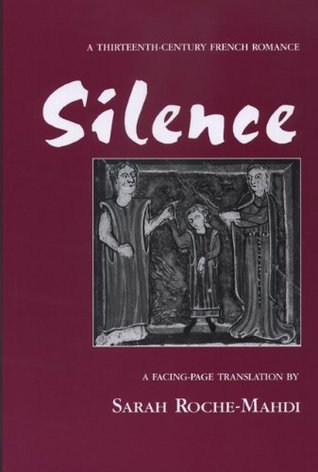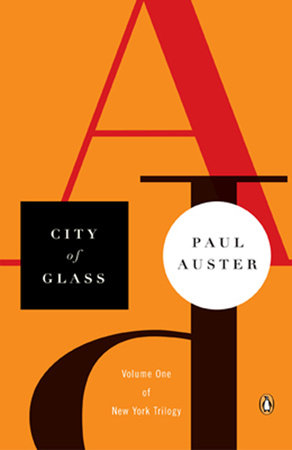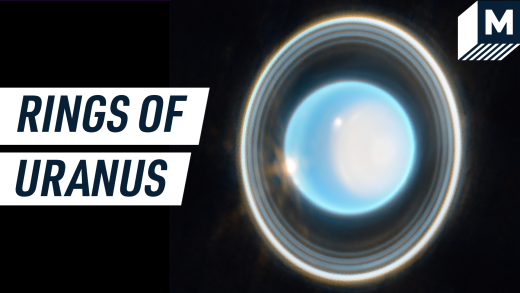I’ve always been fascinated by the idea of playacting and imposters, of people finding a home where they don’t belong. This is an idea I explore in my novel, The Body Double, which is about a young woman who works as a body double and the strange journey into the darker realms of personhood her transformation takes her on.
So much of modern life revolves around the creation of a digital second self, a self that’s more polished (and reliably photogenic) than any actual person could be. The technology of social media makes the transition from the familiar flawed face in the mirror to the smoothed overfiltered version practically seamless. Even as the technology for cataloguing and capturing our “real” selves via facial identification becomes more pervasive, people are growing better and better at escaping into the realm of the imagined self.
Maybe this is why I find books about disguise and trespass so compelling. It’s a nice reminder that however much technology has enhanced our ability to camouflage ourselves, we humans have always been preoccupied with questions of seeming and becoming. And it’s pretty dang fun to read about it.

Silence by Heldris de Cornuälle
Although it was written in the 13th century (!), Silence is a shockingly hilarious postmodern read. It tells the story of a girl named Silence who is raised male in order to protect her kingdom. The book oscillates rapidly between identities (sometimes switching pronouns within a single sentence!) with a freedom that transcends even the most modern conceptions of gender. It’s funny, surprising, and utterly delightful—a story of strength in transformation. Be on the lookout for an A+ description of Merlin getting trapped in a honey pot.

The Need by Helen Phillips
A mysterious pit to a parallel universe is discovered in a gas station parking lot. Out of it emerges one of the archeologist’s doubles—the only survivor of a terrorist attack, stranded in a strange universe, and desperately longing to form a relationship with the archeologist’s children, her own having died in another world. Reading The Need was like a gift from the literary gods. It has everything I love, imposters, a parallel universe, reflections on the performative aspect of feminine emotional and household labor—all of it devastatingly described in luminous prose.

Age of Innocence by Edith Wharton
Age of Innocence is one of my favorite books. I reread it every few years because it’s one of those rare texts that seems to grow as you do, always revealing new subtleties and shades of meanings. Nobody passes as anybody else in this story, which chronicles the decades-long attachment between two people too trapped in their respective social circumstances to be true to their feelings for each other. The deception here is internal. Wharton is an expert on the ways social obligation forces us into forms of living profoundly alien to us, and the tragic consequences of living a life you don’t belong in.

“The Bad Graft” by Karen Russell
Ok, this one is a short story, which is technically cheating, but Russell’s meditation on the constructed nature of the self is so compelling I couldn’t bring myself to leave it off. A girl becomes inhabited by the spirit of a Joshua Tree. We watch as her humanity begins to erode, and yet she seems to grow closer to her true self, the self not constructed around the demands of the people she loves. Such a fascinating reflection on how much of our selfhood is performative and socially constructed, and what we become when we impersonate ourselves.

Passing by Nella Larsen
Passing is one of those books that should be regarded as an unmissable classic of American literature, a book everybody has to at least pretend to have read. It tells the story of two mixed-race women growing up in Harlem in the 1920s. Irene marries a Black man and identifies as Black, although she occasionally passes for white. Clare passes for white and creates a new identity for herself outside of the world where she was born, hiding her biracial background from her white husband. Heartbreaking and gorgeous, Larsen’s lush prose frames profound questions of agency and identity in American life.

The Likeness by Tana French
My late grandfather was a huge Tana French fan, and since he died, I’ve been remembering him by reading her books. Imagine my surprise, then, to discover that one of her earliest works was on a subject so close to my heart. Inspired by her close resemblance to a murder victim, a detective takes over her life to try and solve the mystery of who killed her. It’s a joy watching her act of transformation turn from a piece of experimental police work into an emotional delve into a world of compassion, identity, and loss.

City of Glass by Paul Auster
Nobody messes with the reader’s conceptions of reality like Paul Auster, and the novel that made him famous does it best. The book follows the adventures of a fictional writer (who seems to be an avatar for Auster) turned into into a detective investigating a mysterious author named “Paul Auster.” City of Glass takes a kaleidoscopic approach to identity, where the self folds itself over and collapses into infinity. It’s tremendously fun to read.

Double Game by Sophie Calle
Speaking of Paul Auster, this witty little book by the French performance artist Sophie Calle is one of my favorite reversals of the artist/muse relationships, where Calle literally impersonates herself to joyful results. Auster used Calle as the inspiration for one of his characters in the book Leviathan. Here, she takes pages describing the character’s actions and corrects/amends them before embarking on a series of projects inspired by works the character creates. I love the emergence of Calle as a character and a reality, and the sense of play and playacting present on these pages.
The post 7 Imposters in Literature appeared first on Electric Literature.
Source : 7 Imposters in Literature











